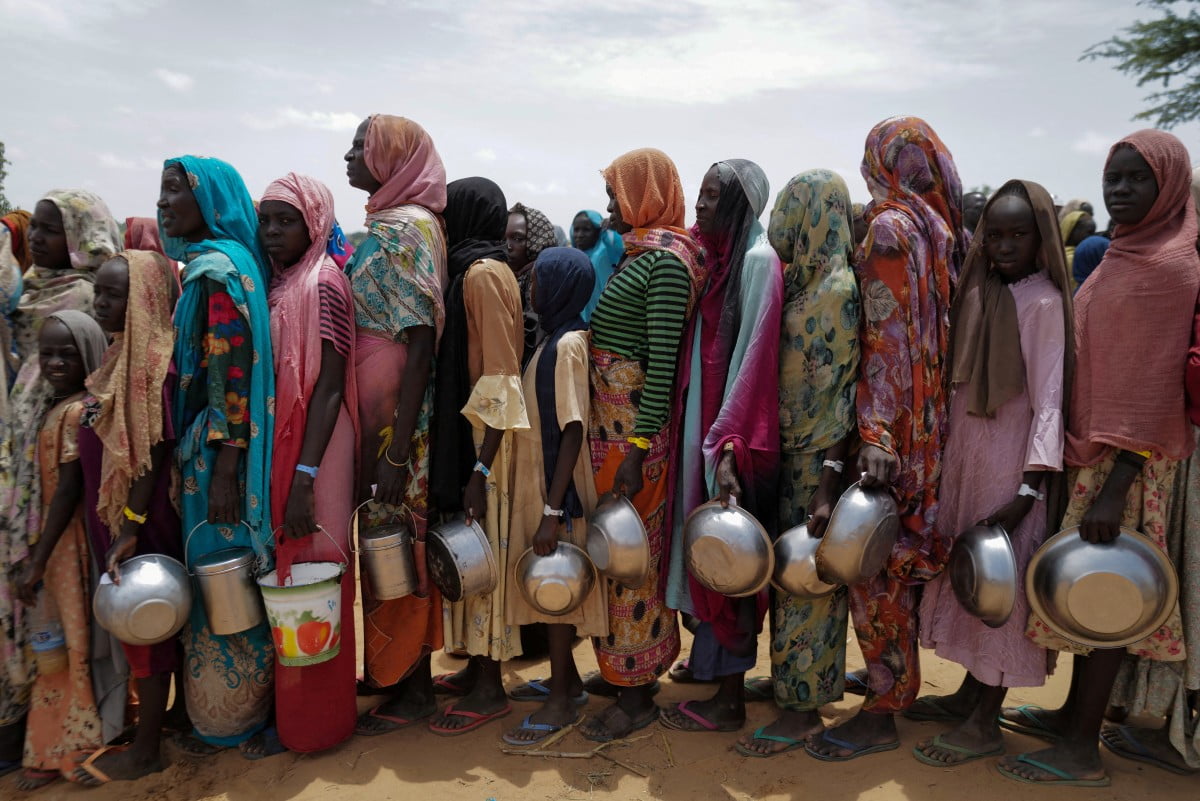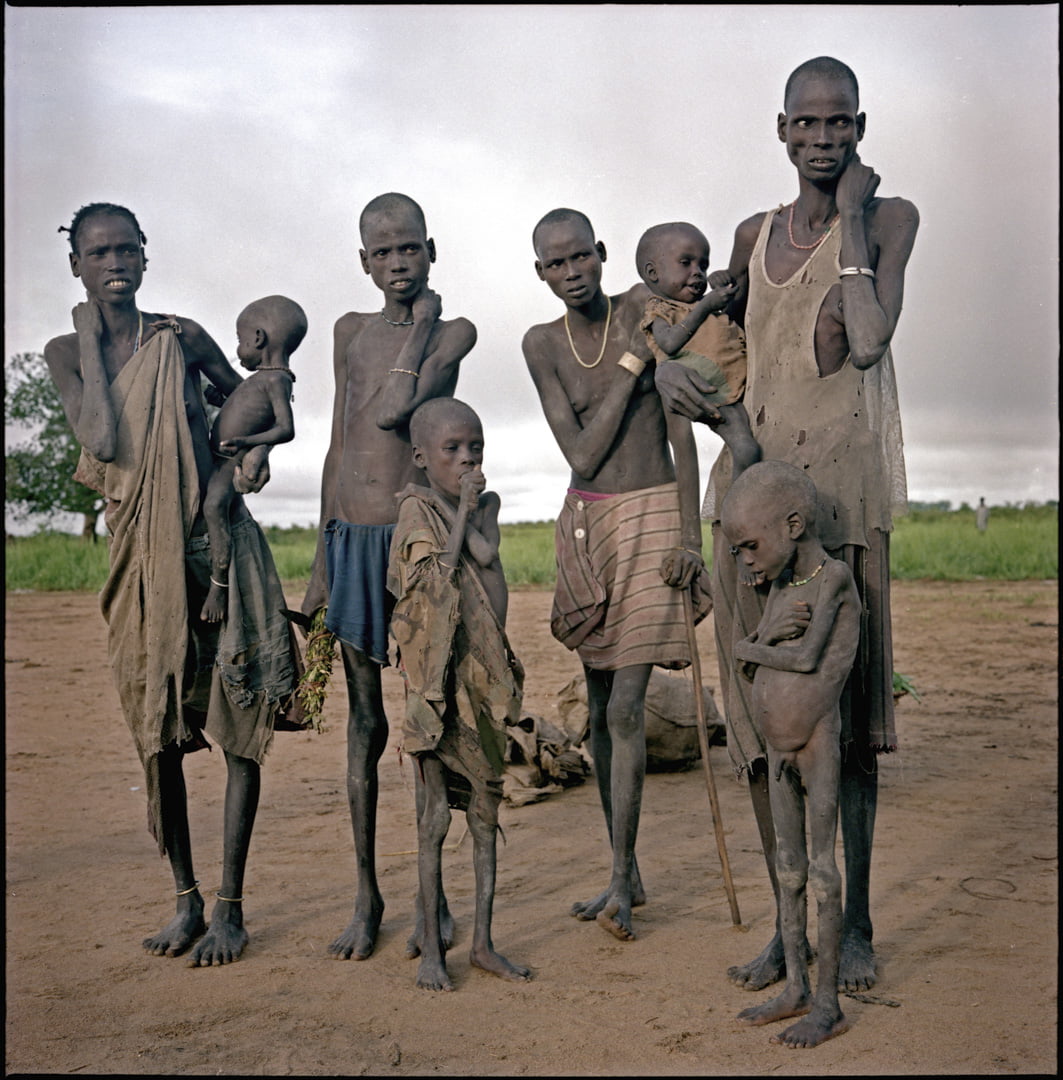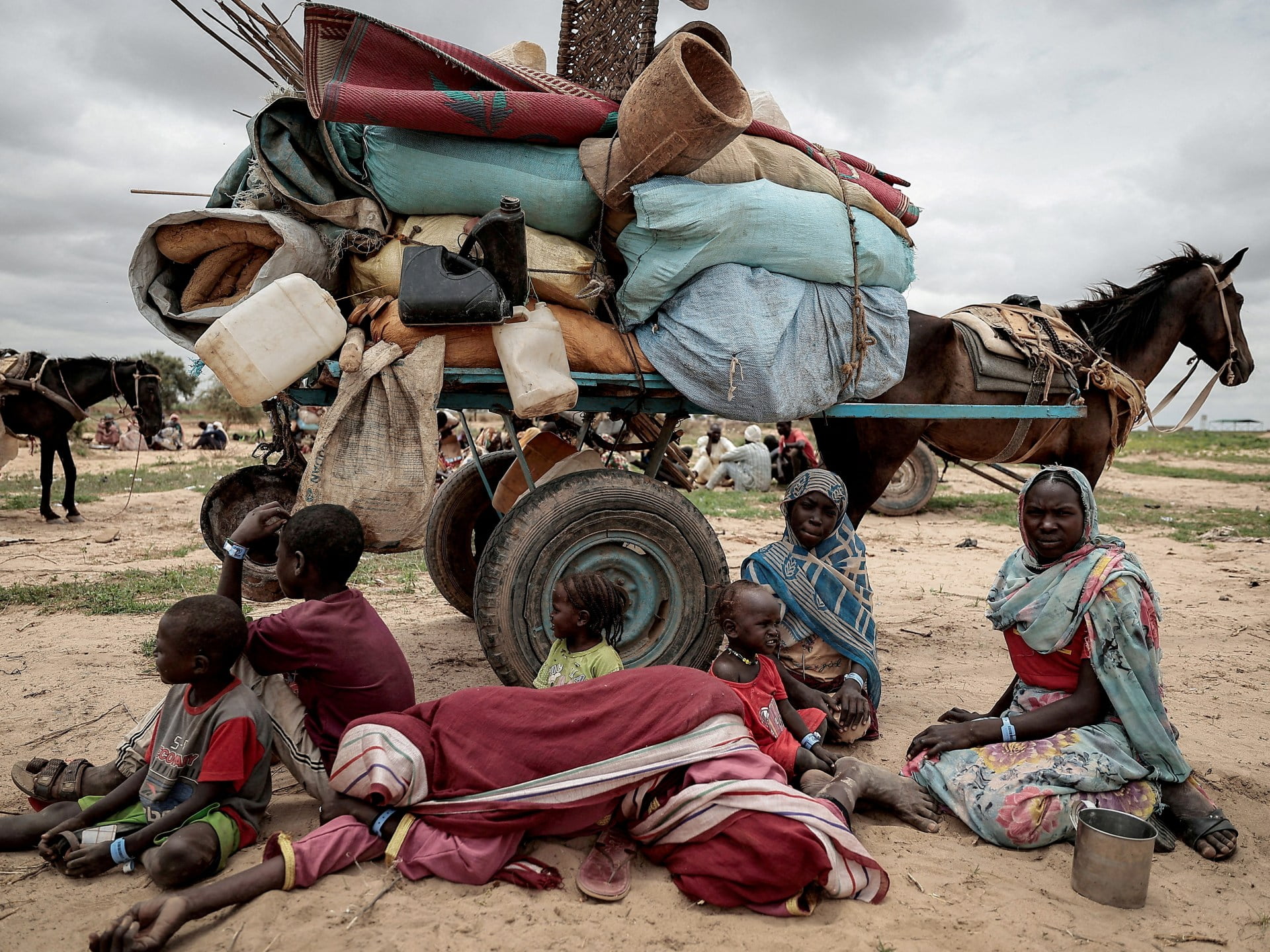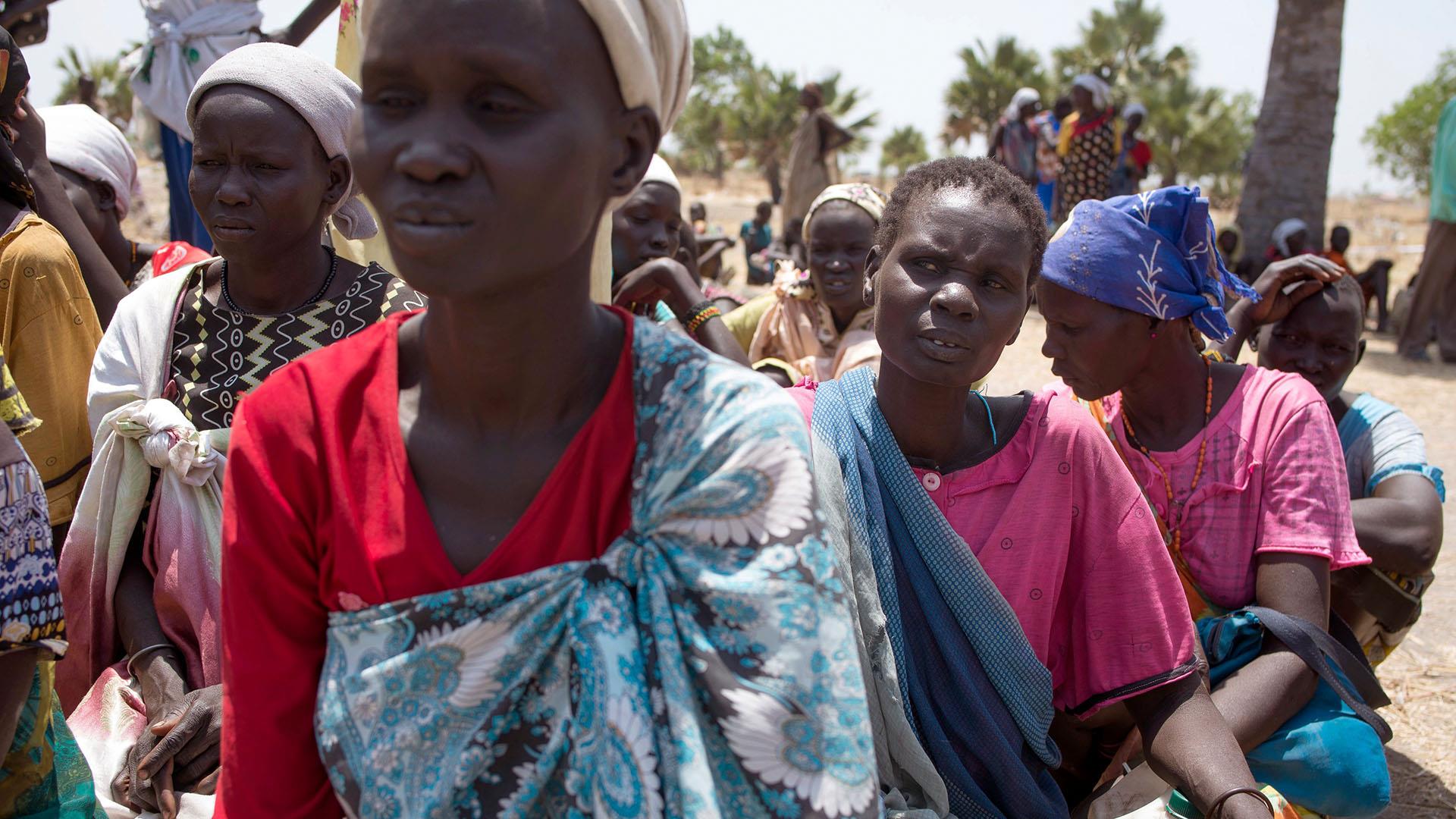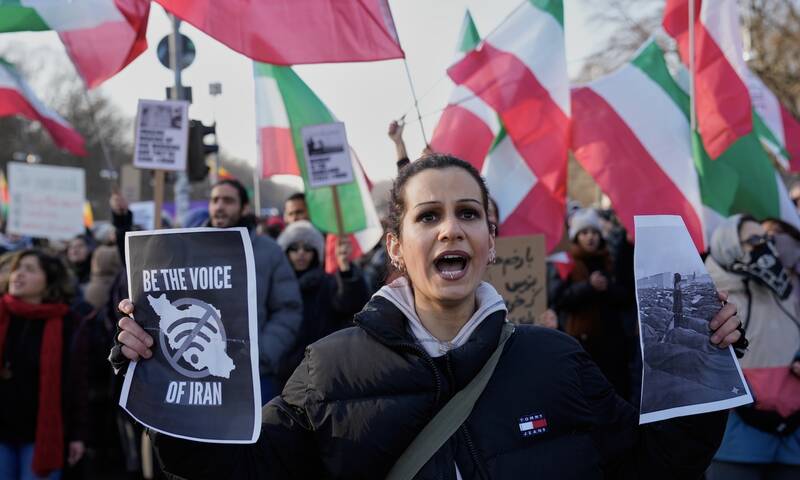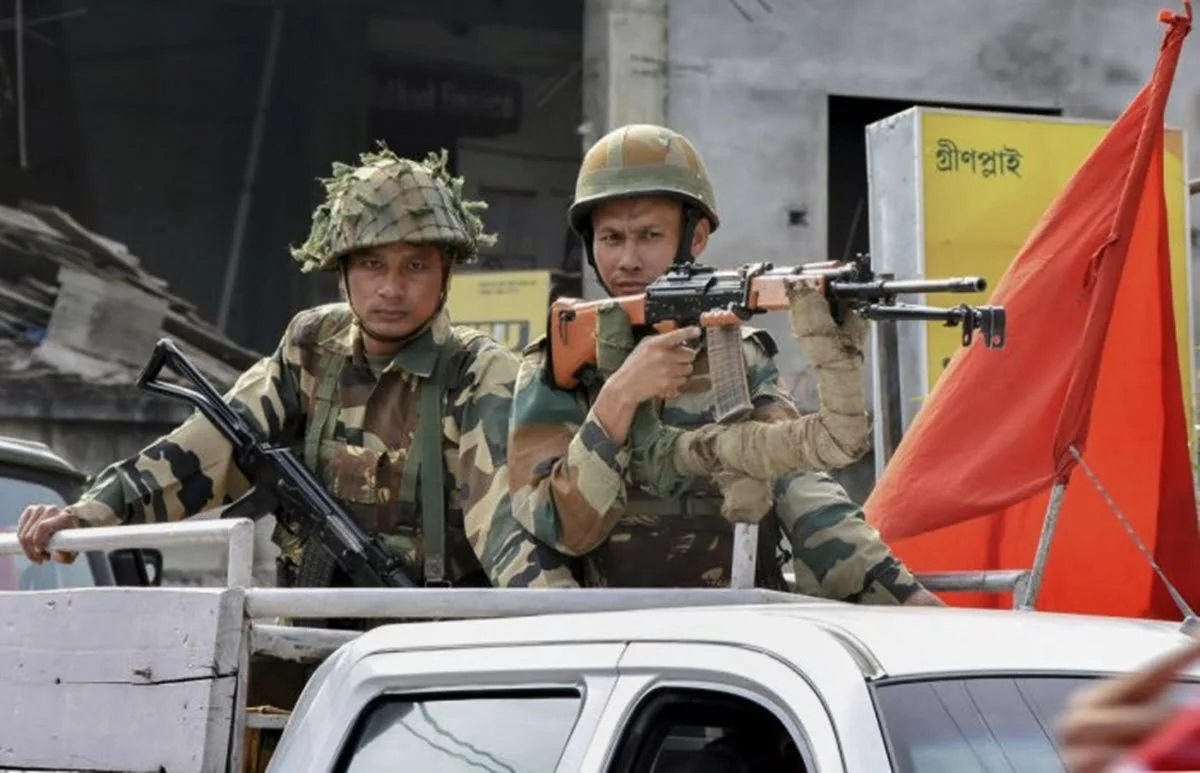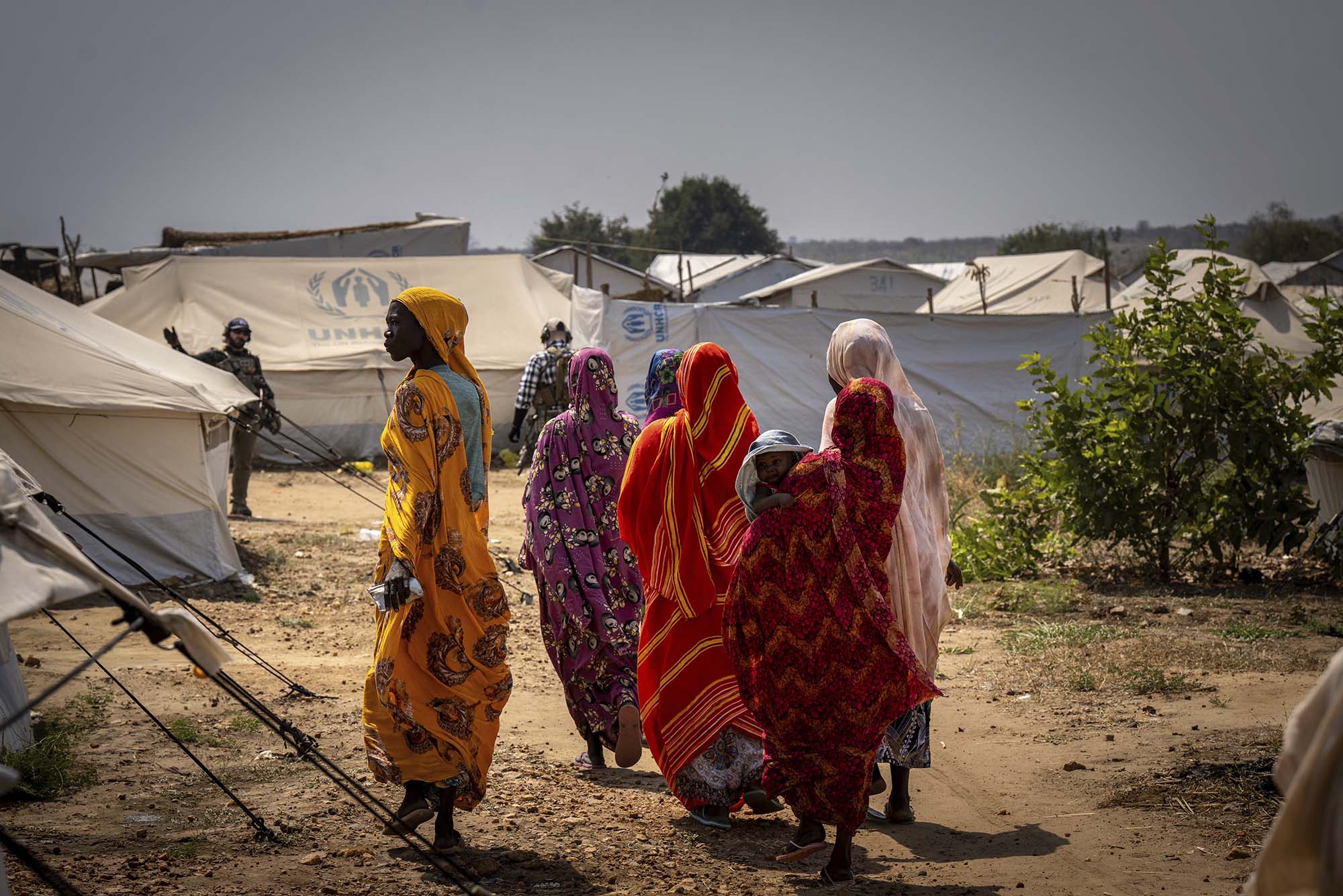When we discuss instruments of war, our conversations usually drift into the exaction of the formidable new nuclear weapon or the so-called “big red button” that, twice gently clicked, unleashes torrents of fire catalysed devastation and catastrophe. We picture the world ending, not through a resignedly slow crawl towards annihilation, but with a loud bang, a cry of war, not defeat, that reverberates through the matrix of universes, shattering reality and obliterating existence.
As of today, Sudan is in the midst of ‘the largest hunger crisis‘ of our time.
But while this makes for an awe-inspiring scene in a critically acclaimed sci-fi movie, an intense conversation about our post-Industrial Revolution technological developments, or a gloomy remark on certain countries’ penchants towards human rights crimes and humanitarian violations, we don’t cast as much thought to one of the oldest, time-tested and terrifying torments – hunger.
The human cost of hunger in Sudan
A politically charged testament to power, hunger has always been a deadly weapon in the arsenal of ethically nefarious and morally despicable governments and military regimes. As of today, Sudan is in the midst of ‘the largest hunger crisis‘ of our time. 3 out of 4 Sudanese children are at catastrophic levels of hunger, 8 million civilians in the country are facing food shortages, putting them at risk of acute malnutrition and/or death, and 750,000 people are at risk of immediate starvation. With such an immense hunger crisis not being “trendy” enough to inspire a deluge of Instagram stories and flashing headlines, Sudan’s humanitarian needs have largely gone unchecked, unknown, and unsatisfied, with locals resorting to the soil and the leaves for basic sustenance.
A Sudanese civilian, Akok said, he watches helplessly as his wife and children dig holes in the ground with a stick, slide their hands in, and grab some soil. Then they roll the soil into a ball, put it in their mouths, and swallow it with water. ‘I keep telling them not to do it, but it’s hunger,‘ he said. ‘There is nothing I can do.’ There appears to be an aura of desperacy within the citizens. In West Darfur, farmers whose lands were plundered by the RSF have eaten the seeds they bought for planting because they have run out of food. In the Kordofan region, people have sold their furniture and clothes to get money for food. In Khartoum, residents under siege in their homes have plucked the leaves off trees and boiled and eaten them.
Stripping away democracy, livelihoods and dignity, the Sudanese people are experiencing a catastrophe of historical scale. Lamenting the lack of garnered popularity for the cause, IRC’s country director for Sudan states, ‘The world is not watching us, we are heading for famine, massive loss of life, and a failed state‘. Not only is (albeit insufficient) humanitarian aid being blocked from ever reaching the civilians, but the harvest season has been disrupted by the armed conflict, the looting of crops by the RSF, and the general weak state of agricultural labourers, too starved and emaciated to toil to the fields that provide their only income source.
Lamenting the lack of garnered popularity for the cause, IRC’s country director for Sudan states, ‘The world is not watching us, we are heading for famine, massive loss of life, and a failed state‘.
Experts have even stated, ‘Foreign governments providing financial and military support to both parties in this conflict are complicit in starvation, crimes against humanity and war crimes.‘
A calculated strategy
Theories justifying these war crimes are centred around countries historically starving their own populaces as a means to a political ends, to “cash in” on the media attention and global compassion and sympathy to ultimately gain money, food, and political platforms. This is echoed by the case of Sierra Leone, where the RUF has been shown to systematically sever the hands of their peasants so as to prevent them from sowing and cultivating the land. In 2014, the Saudi-backed coalition created blockades in the ports of Yemen and did not commit to a truce until widespread mortality and malnutrition had already set in.
These intense acts of brutality all have a common denominator, as succinctly put by economist Amartya Sen, ‘the remarkable fact that, in the terrible history of famines in the world, no substantial famine has ever occurred in any independent and democratic country with a relatively free press.‘ He argues that famines are rare occurrences in well-functioning democracies, the so-called well-oiled political machines, as since the edifice of the issue is not a shortage of global food supplies, famines can be averted by high degrees of government responsiveness to the demands of the people, in the form of well-executed and thought-out public policy.
The conflict in Sudan
The ongoing conflict and political unrest can be attributed to the escalating feud between the Sudanese Armed Forces (SAF) and Rapid Support Forces (RSF). Brutal violence and ruthless force has been a fact of life for the Sudanese for the past 20 years. This is partially what led to the indictment of former President Al-Bashir by the International Criminal Court for crimes against humanity, genocide, and war crimes, which also to his relinquishment of the head of state position in 2019. This sparked a brief period of hope in the civilians as the transitional government reigned, but its general incompetence and slow progress left room for political uncertainty and unchecked violence, and not before long, the atmosphere of optimism was almost immediately quashed by a coup.
Since then, the country has been ruled by the head of the SAF (General Abdel Fattah al-Burhan) and his deputy, the head of the RSF (Mohammed Hamdan Dagalo). These two forces have been engaged in unholy civil war, leading to, as described by UN Security Council, OCHA’s Edem Wosornu, ‘a far-reaching and fast-deteriorating situation of food insecurity in Sudan.‘
This is especially catastrophic for a country like Sudan, where 80% of working Sudanese make their livelihoods in agriculture and pastoralism.
While conflict plays an immense part in manufacturing a paradigm of food insecurity and starvation, Sudan is also one of the most affected countries of climate change in the world, engendering dire consequences for malnutrition, food security, and agriculture. This is especially catastrophic for a country like Sudan, where 80% of working Sudanese make their livelihoods in agriculture and pastoralism.
Climate variability caused droughts and erratic rainfall have exacerbated fiscal and agricultural burdens of civilians. Food processing factories have ceased operations due to the violent and unpredictable nature of the civil war, and the singular factory in Sudan producing ‘ready-to-use-therapeutic food‘, products created to give malnourished children the crucial calories, nutrients, and vitamins they need to recover, has been destroyed.
A call to action
Famines in this day and age, are a function of repression, of government policies in a food-abundant world. By defying the Malthusian logic that exponential population growth will surpass linear agricultural growth, thus leading to “checks” on the population in the form of wars and famines, the Green Revolution has carried us into an era of abundance. However, Sudan has seen none of this abundance as while the international community pledged USD 2.2 billion in foreign aid in April 2024 to alleviate the suffering of the Sudanese, only 17% of this money has actually been received in the first six months of the year.
In the face of a world overflowing with food, the tragedy of Sudan reveals a stark truth: famine is not a cruel twist of fate, but a deliberate instrument of power and control. As the world watches with growing alarm, the question remains: will Sudan’s suffering be a catalyst for global action, or a grim footnote in the annals of human indifference?
References:
- https://www.nrc.no/perspectives/2024/sudan-crisis-people-are-dying-of-hunger/
- https://frontline.thehindu.com/news/sudan-conflict-one-year-of-civil-war-famine-starvation-militancy-aid-workers-malnutrition/article68124933.ece
- https://www.cbsnews.com/news/sudan-civil-war-could-see-2-million-starve-to-death-aid-agency-world-is-not-watching/
- https://www.ohchr.org/en/press-releases/2024/06/using-starvation-weapon-war-sudan-must-stop-un-experts
- https://www.aljazeera.com/opinions/2024/7/4/away-from-global-attention-sudan-is-starving
- https://mondediplo.com/1998/11/01leader
- https://www.thelancet.com/action/showPdf?pii=S0140-6736(24)00684-6
- https://www.britannica.com/money/Amartya-Sen#ref669445
- https://www.ohchr.org/en/press-releases/2024/06/using-starvation-weapon-war-sudan-must-stop-un-experts
- https://concernusa.org/news/rutf-cmam-humanitarian-revolution/
- https://concernusa.org/news/sudan-crisis-explained/
